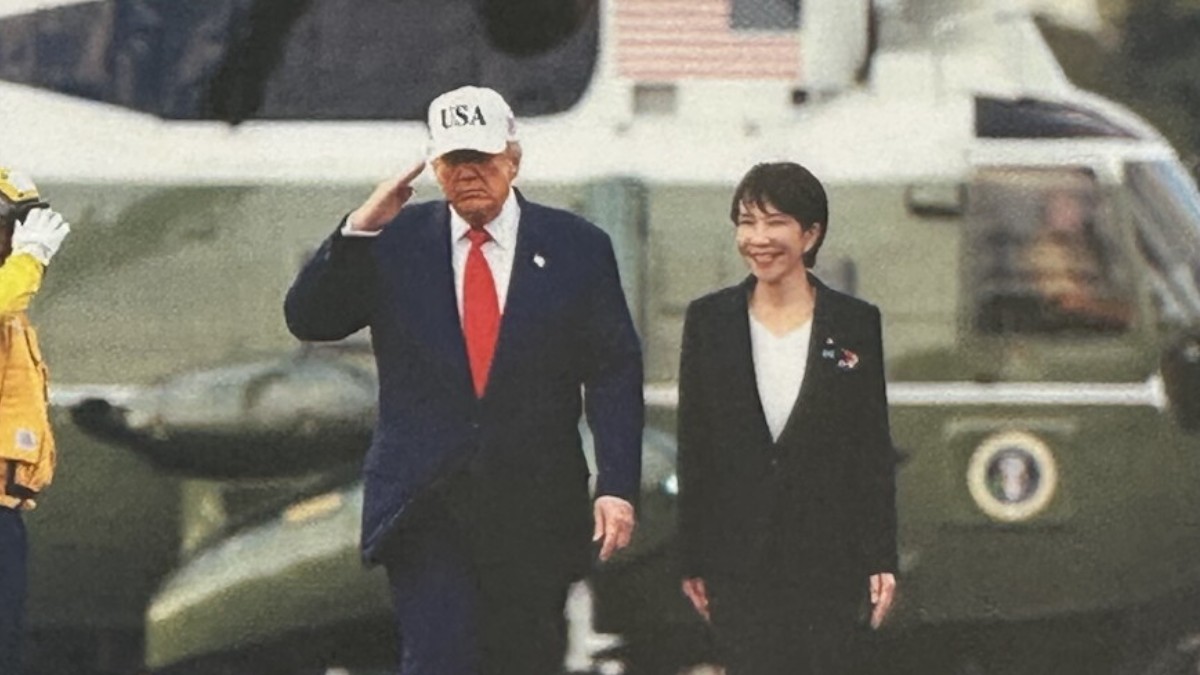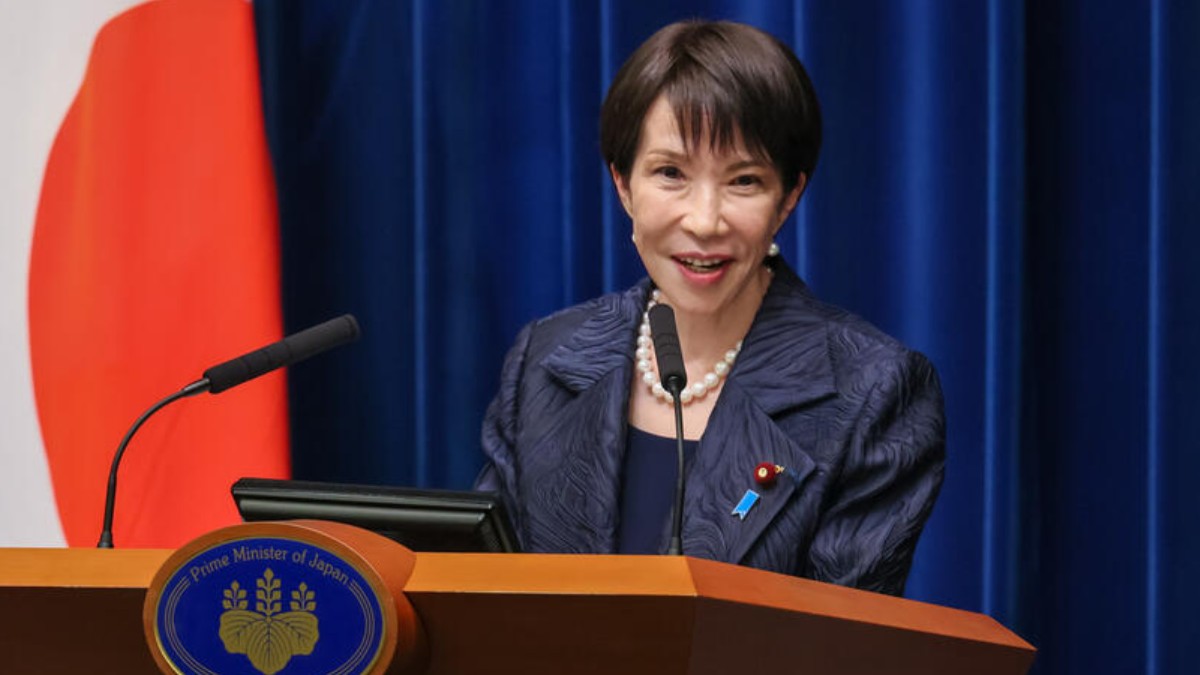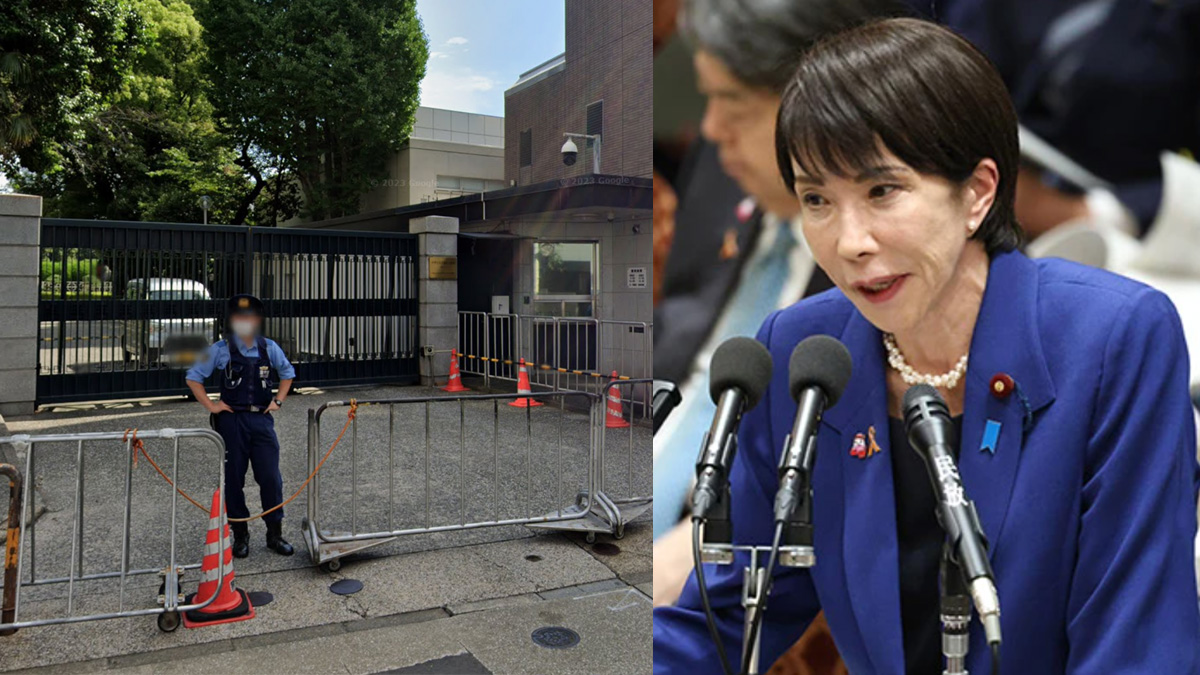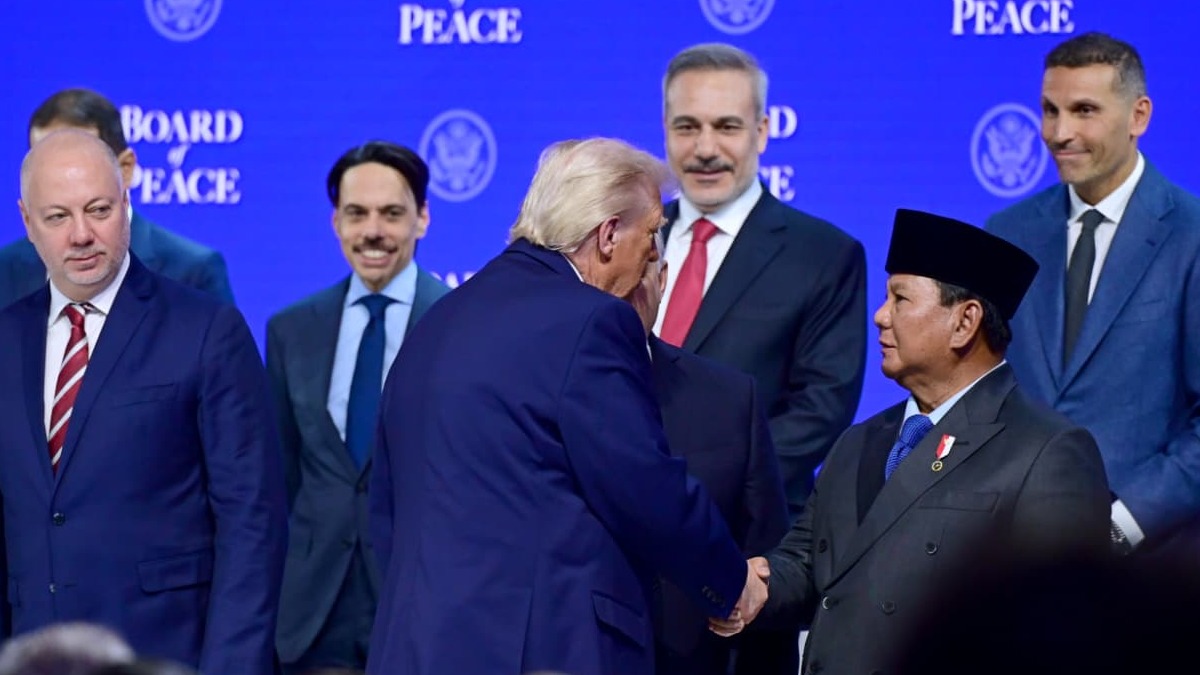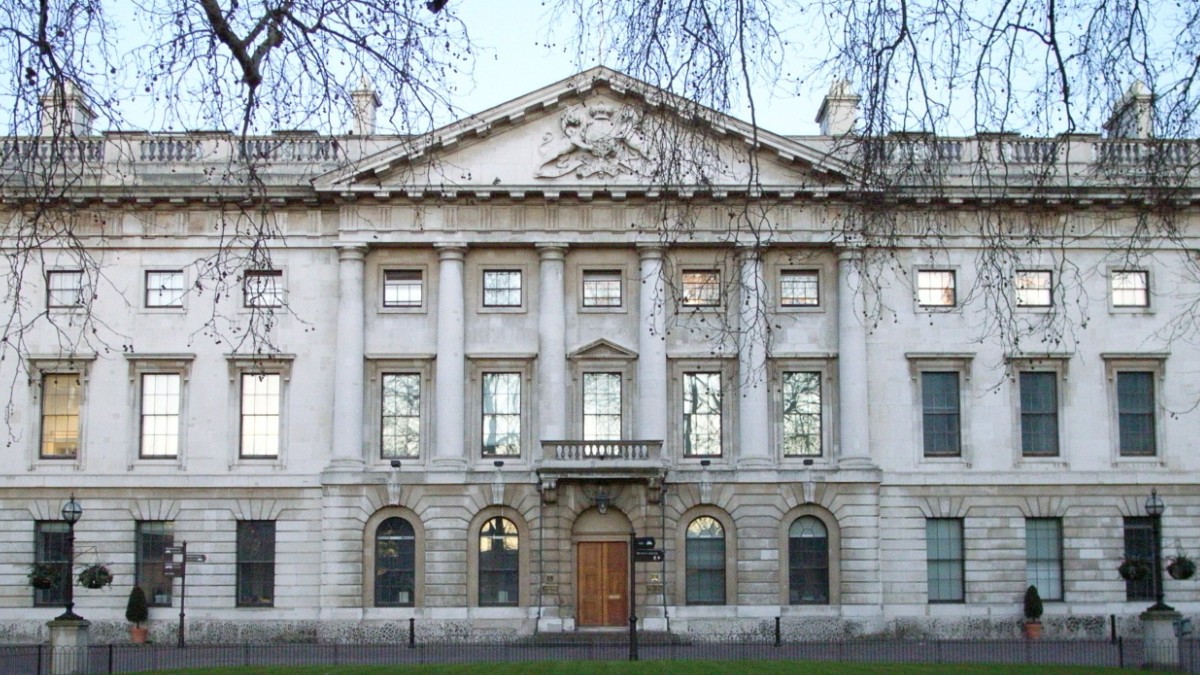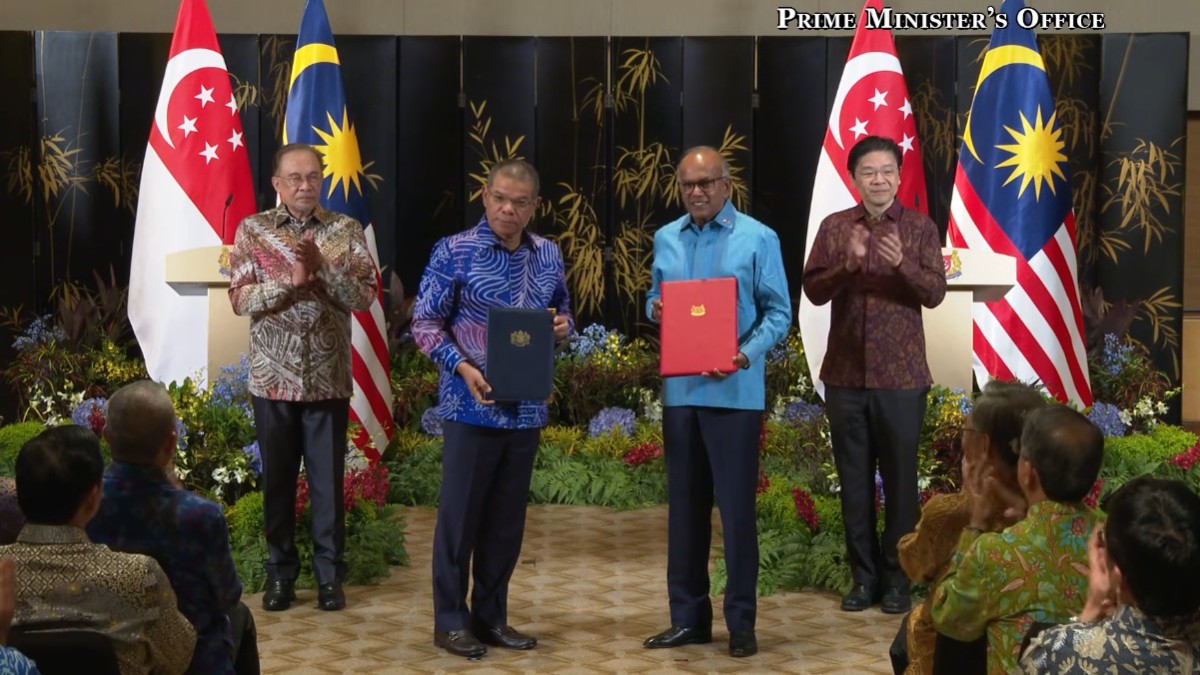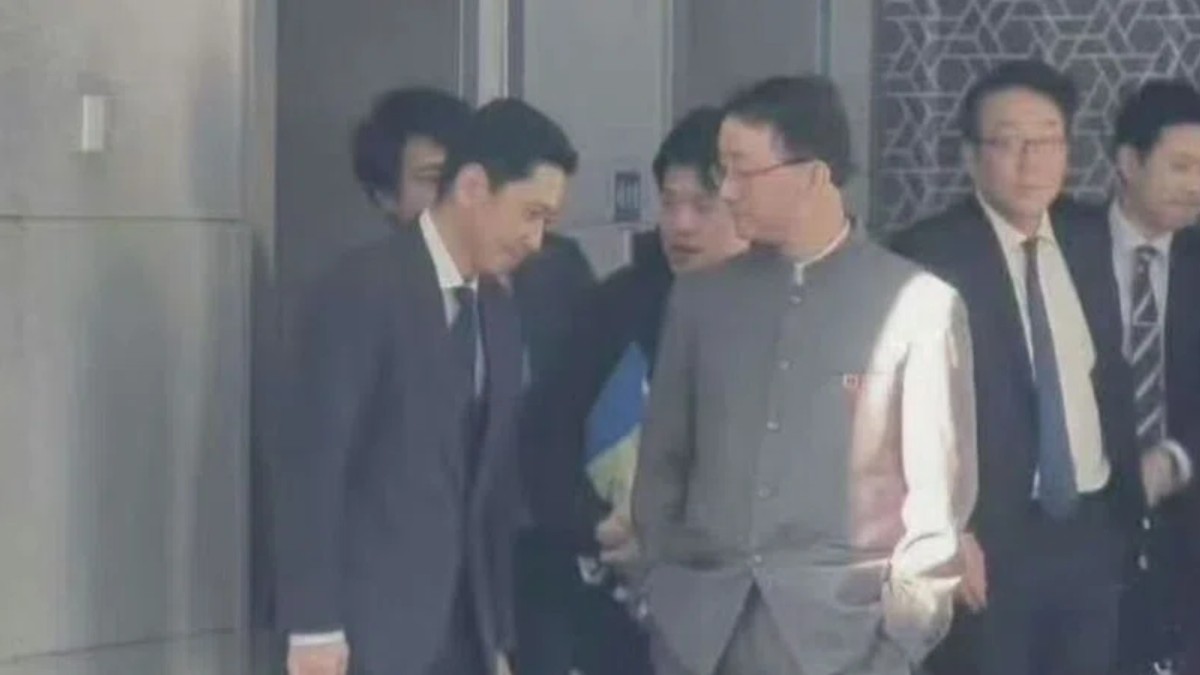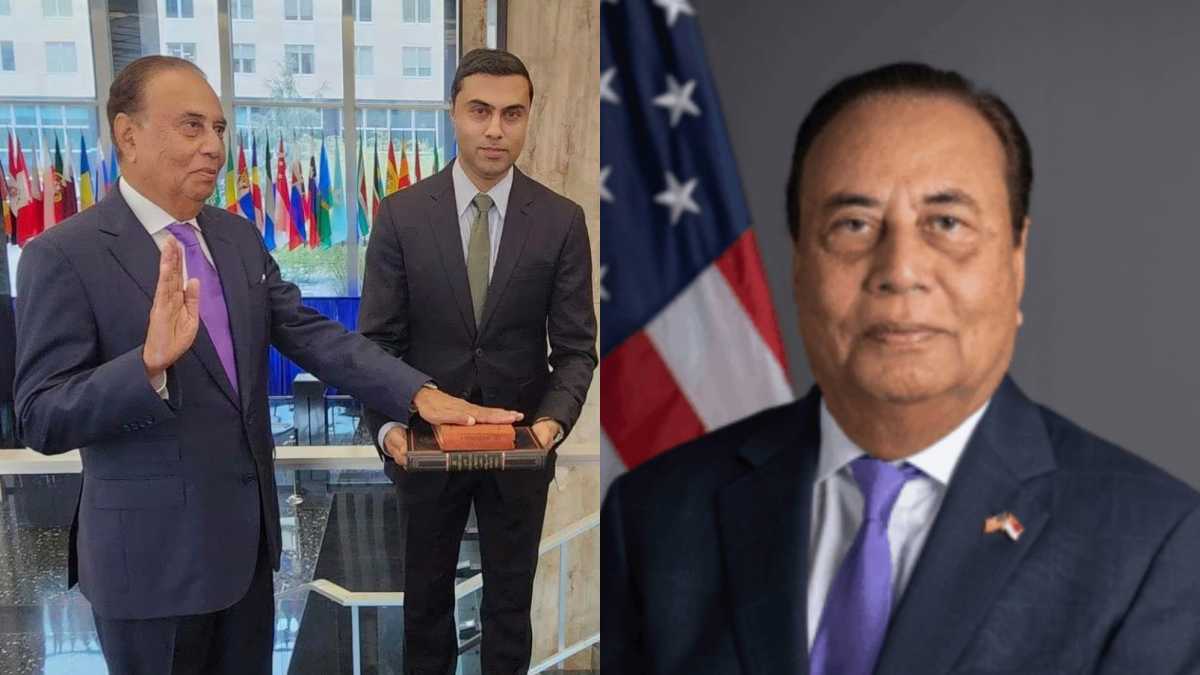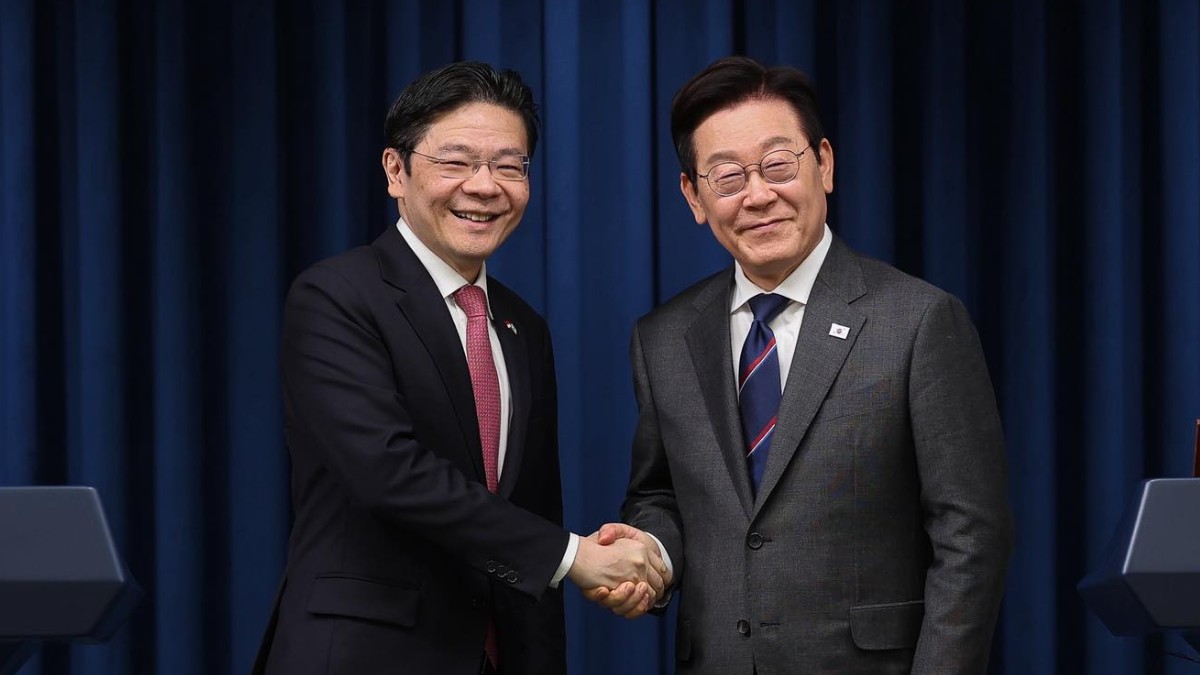Japan’s new PM Sanae Takaichi pays respects at Malaysia’s National Monument amid mixed public response
Japan’s new Prime Minister Sanae Takaichi, on her first international visit since taking office, paid respects at Malaysia’s National Monument and Japanese Cemetery in Kuala Lumpur on 26 October. Her gesture sparked divided reactions online over Japan’s wartime legacy in the region.
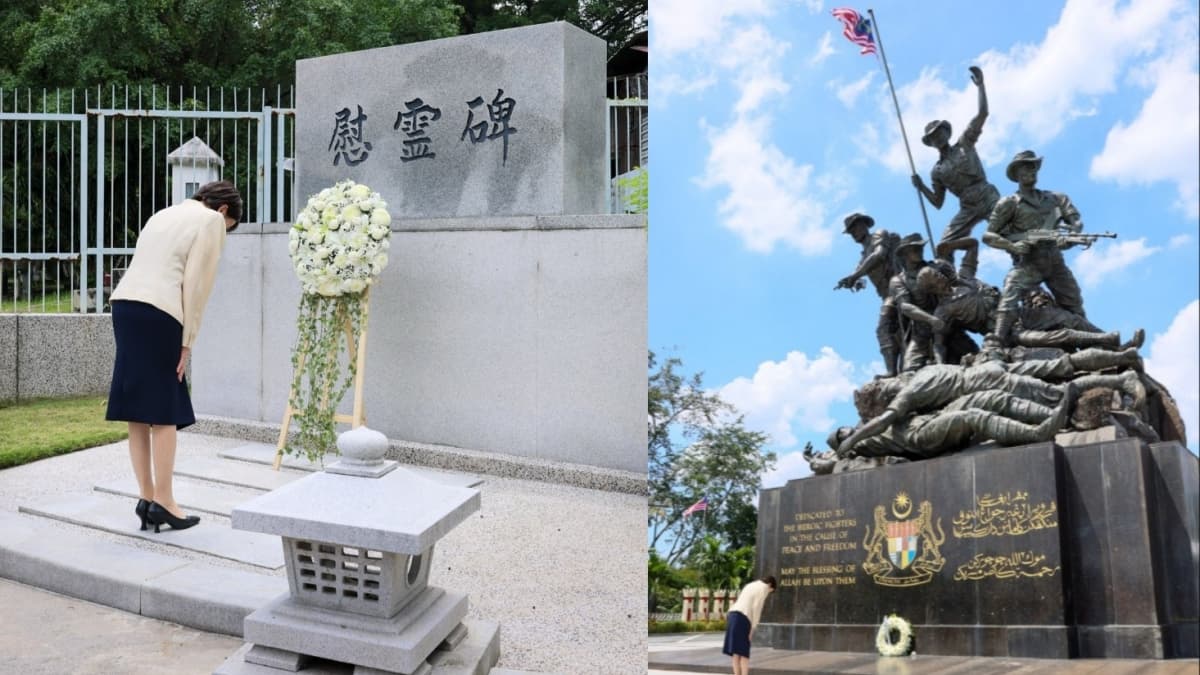
- Japan’s Prime Minister Sanae Takaichi visited Malaysia’s National Monument and Japanese Cemetery in Kuala Lumpur on 26 October, during her first overseas trip as PM.
- Her visit, part of the ASEAN Summit from 26–28 October, drew both praise and criticism online.
- Supporters viewed the gesture as one of reconciliation, while critics accused her of overlooking Japan’s wartime atrocities in Malaya.
KUALA LUMPUR, MALAYSIA: Japan’s new Prime Minister Sanae Takaichi paid her respects at the National Monument of Malaysia (Tugu Negara) in Kuala Lumpur on 26 October, marking a symbolic moment in her debut overseas visit since assuming office.
Takaichi, who became Japan’s first woman prime minister on 21 October, was in Malaysia to attend the ASEAN Summit, held from 26 to 28 October.
The visit signified Tokyo’s intent to reaffirm diplomatic and cultural ties with Southeast Asia early in her administration.
According to Takaichi’s official X account, she visited the Japanese Cemetery in Kuala Lumpur earlier that day, where she offered flowers at a memorial monument.
She wrote, “I feel deeply moved to have been able to pay my respects to the ancestors who lost their lives in Malaysia.”
She added, “Following this, I also visited the National Monument to honour the spirits of the soldiers and civilians who died in the two World Wars and Malaysia’s struggle for independence, reflecting on Malaysia’s history.”
Photographs shared on her social media showed Takaichi bowing solemnly before the National Monument after laying a wreath.
Japan’s Ministry of Foreign Affairs confirmed that both visits took place on 26 October.
The National Monument, or Tugu Negara, commemorates those who died during Malaysia’s fight for independence, including victims of the Japanese Occupation in World War Two and the Malayan Emergency.
Public reactions to Takaichi’s post were divided.
Some users praised her actions as a respectful gesture acknowledging historical loss and as an opportunity for reconciliation. Some described the visit as “a step towards mutual understanding and the kind of future those who perished would have wished for.”
However, others criticised her for honouring Japanese soldiers without publicly acknowledging the suffering inflicted during Japan’s wartime occupation of Malaya.
Critics highlighted that during that period, civilians — including Malaysians, Chinese, Indians, Indonesians, and Australians — were subjected to severe atrocities, including torture, starvation, and execution.
One social media user wrote, “Paying respects to the aggressors while ignoring their victims disrespects history itself,” urging Takaichi to express remorse not for remembrance, but for “forgetting what they did.”
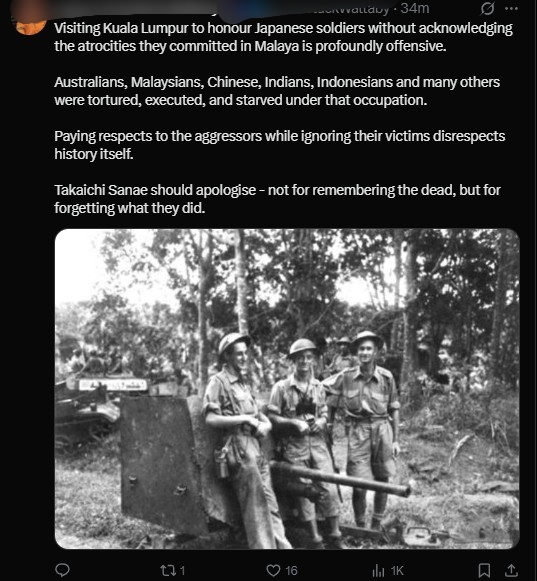
A Japanese X user wrote: "People who would not have had to lose their lives needlessly in a distant foreign land, if only the Empire of Japan had not waged such a foolish war of aggression…"



